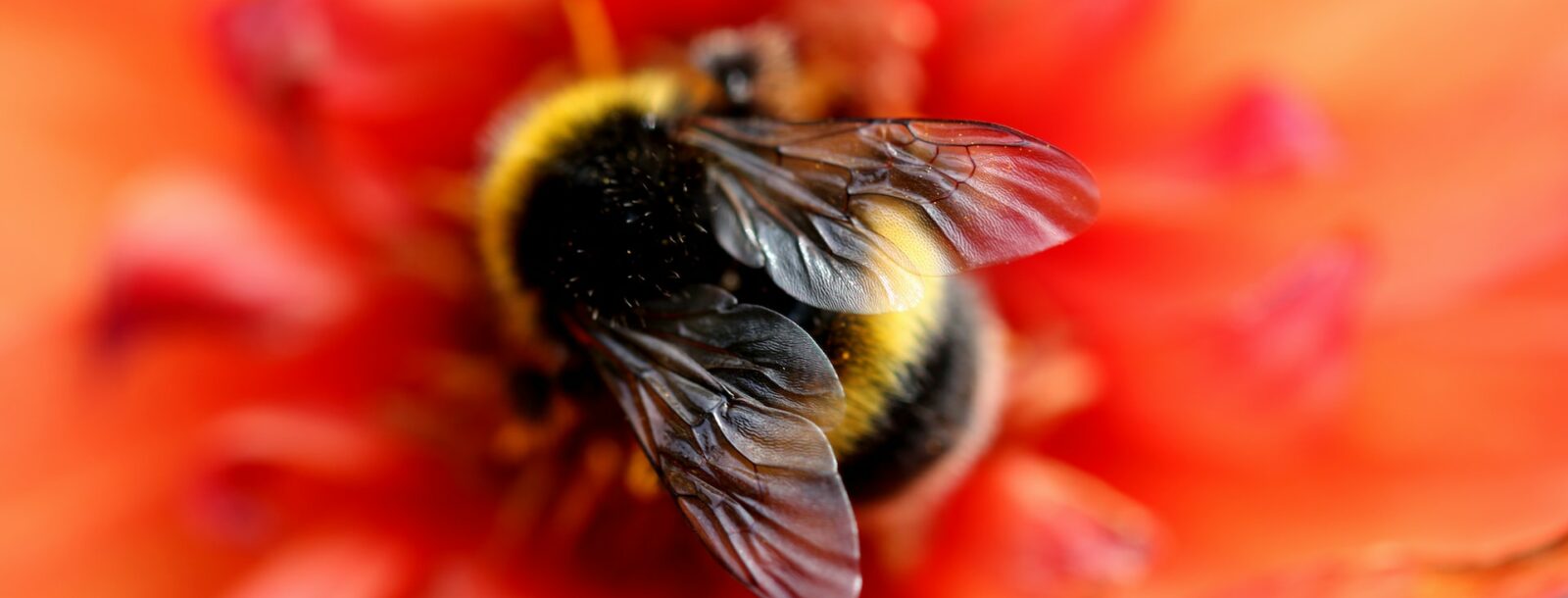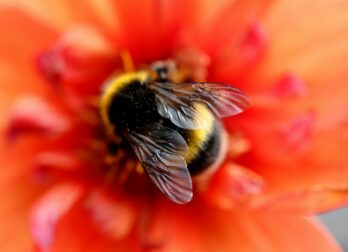
How to generate hope after COP 15
By Ian Rappel
A letter published in The Guardian 28th December 2022 from Ian Rappel, Director of the College for Real Farming and Food Culture:
To generate lasting hope from the Cop15 outcomes, we need to look in the right direction (What’s this unfamiliar feeling I have after the Cop15 meeting? It might just be hope, 20 December). It is good to hear that biodiversity is being framed with the same international parity as climate change. As promising as the “30 by 30” targets sound, however, that “headline ambition” cannot replace our rich environmental ethics. A target-driven ecological audit culture will not offer much hope for the world’s biodiversity. As with the “net zero” lexicon around climate, these quantitative approaches are the comfort zone of greenwashing corporations and their political allies.
To generate meaningful optimism, we need commitments towards transformative change. For biodiversity, that means a radical overhaul of the food system – halting all the ecocidal practices associated with industrial agriculture. In looking for hope on that front, thanks to the activists at Montreal, we should welcome the inclusion of agroecology in target 10 of the Cop15 agreement. Agroecology – farming with, instead of against, nature – is already practised by millions of small farmers around the world. It is the basis of the discussions taking place again at the Oxford Real Farming Conference in January. If adequately supported in the UK, it would greatly enhance and complement our biodiversity conservation efforts.



